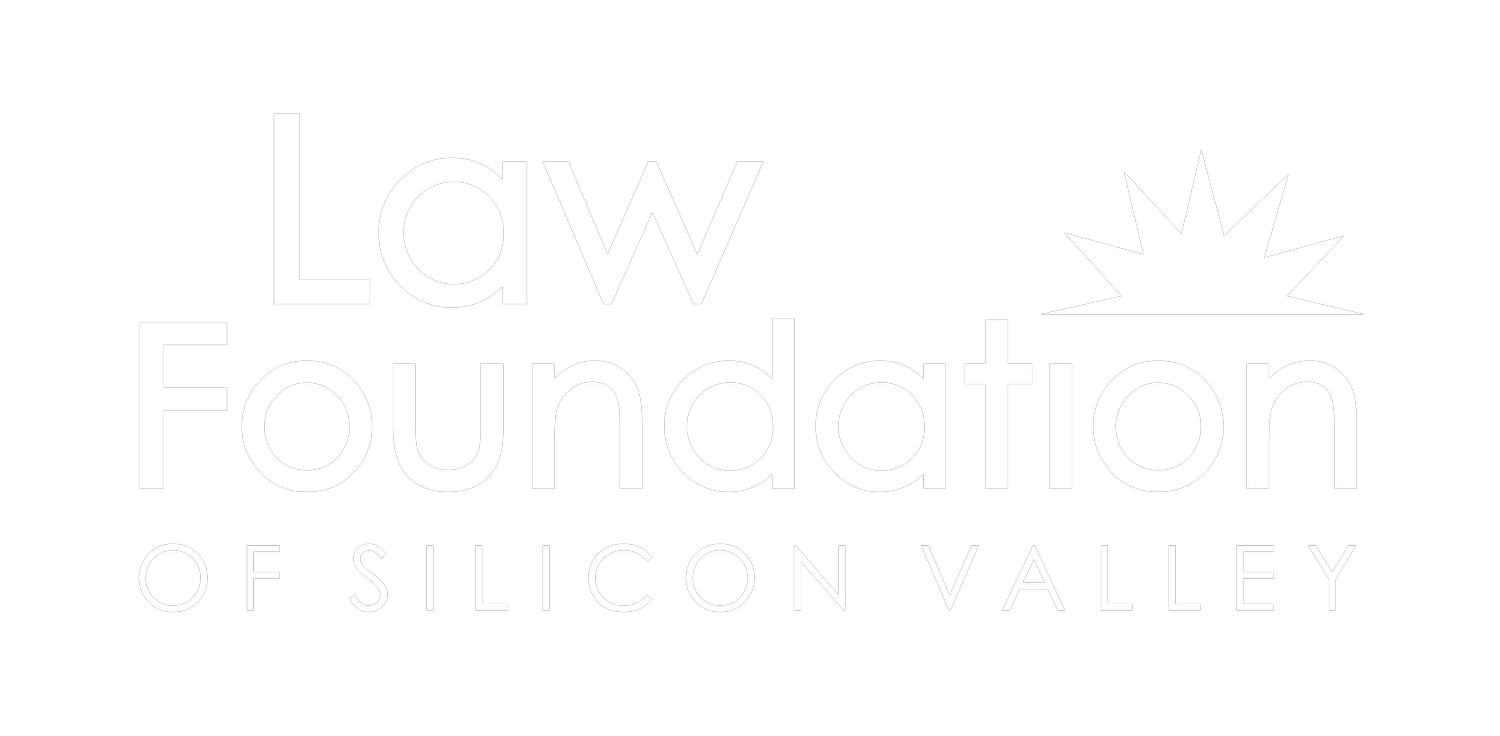Recent executive orders increase immigration enforcement and deportations for undocumented people and those with various levels of legal status. Children are left especially vulnerable as the Trump administration has terminated funding for legal services provided to unaccompanied migrant children. While the federal court temporarily halted this, 26,000 minors remain at risk of losing their legal representation as they navigate complex immigration proceedings.
Last month, the Law Foundation’s Pro Bono and Children & Youth Program (LACY) teamed up volunteers to provide a free immigration clinic for those potentially affected by new changes in federal immigration law. Families learned about their rights when confronted by law enforcement and prepared safety plans alongside attorneys and trained community members in case of deportation.
If you or someone you know are affected by any of these executive orders, it’s important to understand your constitutional rights, create an emergency plan with your family, and consult with an immigration attorney to assess your situation and eligibility for relief.
For more information, check out:
Your rights if detained by immigration: What to Do if You Are Arrested or Detained by Immigration
Creating a family preparedness plan: Step-by-Step Family Preparedness Plan




